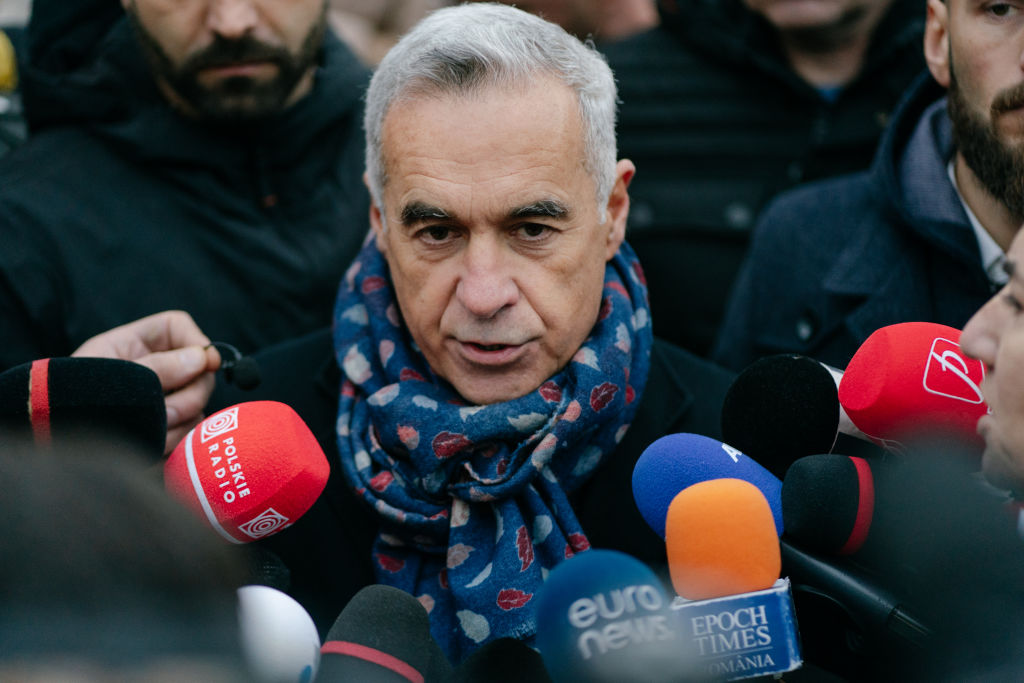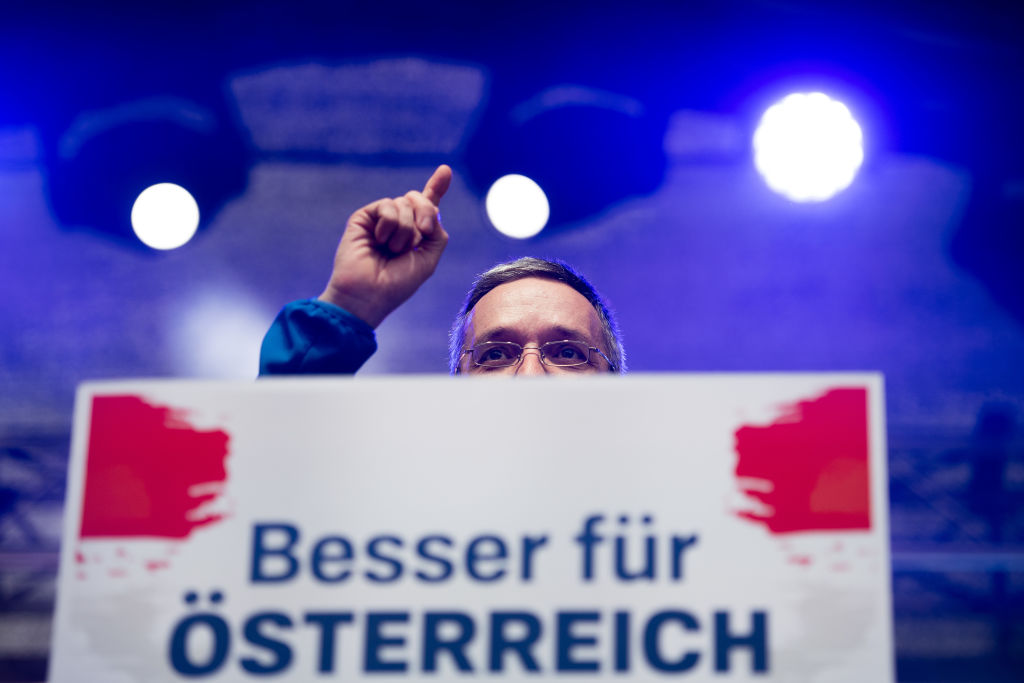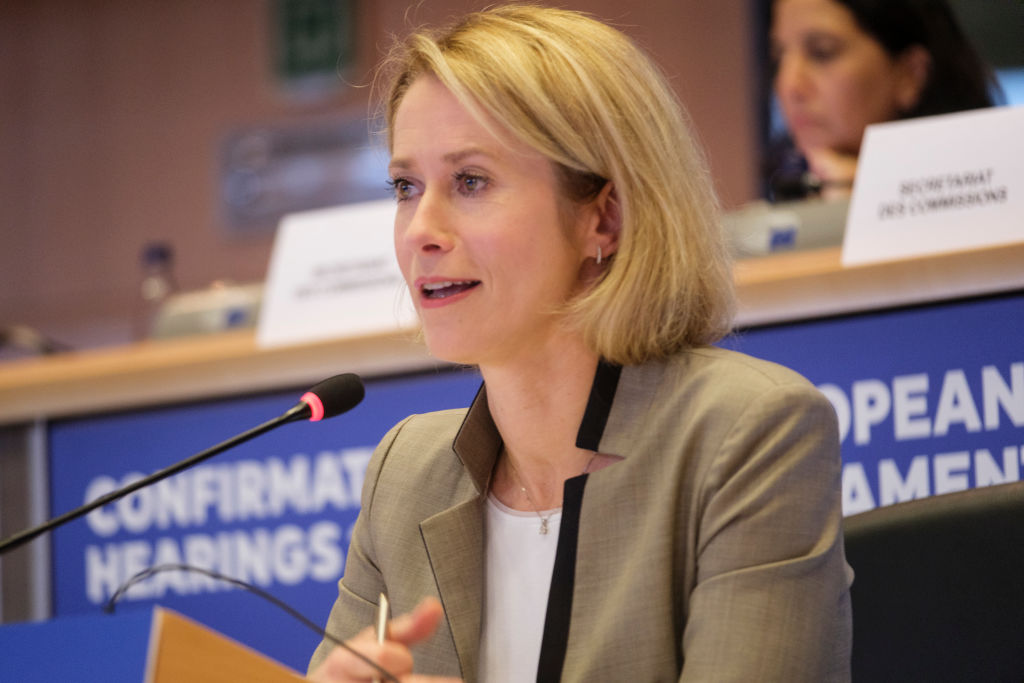Next week American President-elect Donald Trump will drop the “elect,” and President Joe Biden will pick up “former” before his name. Coming into the White House, Biden said he would “restore America’s soul,” expunge Trumpism from the American body politic, and restore relations with European allies. In doing so, he portrayed Trump as an interregnum between two progressive presidents (Obama and himself). But four years later, it is Biden who was made into an interregnum between two Trump presidencies.
Biden’s confidence was somewhat strange. Trump, in the midst of a pandemic and spuriously changed voting rules, barely lost to Biden in the electoral college (a total of about 40,000 votes across three states got Biden the win). Biden was also the oldest man to take office and did not always seem there at times.
But even stranger was Europe’s reaction to Biden’s victory. Boris Johnson, then serving as UK prime minister, said Biden was “a breath of fresh air.” The New York Times reported that Biden’s 2020 win resulted in a “sigh of relief” from European Union leadership. Even far into Biden’s re-election campaign, after the disaster of the Afghanistan withdrawal, the allowing of millions to illegally enter the United States, and anemic approval ratings, European leaders still were bafflingly bonded to Biden. In June 2024, Germany’s Chancellor Olaf Scholz called Biden “very clear” and said he knew “exactly what he is doing,” expressing his belief Biden would win the election in November. He dropped out of the race about a month later.
The bizarre aspect of this is not that liberal democrats supported Biden, another liberal democrat, over Trump, who will put America’s interests first when he returns to office. It is that they stayed attached so long to someone who was on incredibly weak ground at home and was not doing much for them abroad.
His approval rating, according to Gallup, went under 50 per cent in August 2021, and never again got above water. He currently has his average approval at 35.6 per cent – which would make him one of the most unpopular presidents in modern history. This was not helped by his frequent lapses of speech and judgement, as throughout his presidency it did not seem he was entirely there. Hardly a rock for European leaders to tie themselves to.
This lack of clarity was a theme throughout Biden’s presidency. When Donald Trump tore up the Iran Deal – correctly labelling it as too fair to Iran – Biden critiqued him for it, and continued to do so years into his own presidency, as late as 2022. But Biden was already president, and after half of his term, he still had no clear method for dealing with Iran or plan for re-formulating a new deal. Europe was essentially left waffling without any sort of clear vision from America, the biggest player. Meetings are still ongoing; British, German, and French officials just met with Iranian officials to try to jumpstart a deal. But with Trump coming back and Biden having dithered for four years, Europeans will likely walk away from any talks empty handed.
But what about Ukraine? Biden stood with Europe on Ukraine, yes, shepherding billions of dollars for the country and receiving a rockstar reception in Poland. But he did so, again, without attempting to formulate a clear plan for success. Three years on, Ukraine is, frankly speaking, losing the Russo-Ukrainian War. Russia is (very) slowly capturing more territory; in 2024, it gained 4,000 square kilometres. Ukraine’s vaunted Kursk offensive has somewhat flamed out, with Russia already retaking nearly 40 per cent of the land.
Even had Biden won, the war was almost inevitably going to go badly for Ukraine; as far back as October 2023, President Volodymyr Zelenskyy’s own advisors were privately admitting that Ukraine did not have enough men to fire all the weapons they wanted. And if Ukraine does lose, it could fuel a “stab in the back” theory which could strengthen the darker aspects of Ukrainian politics.
So Biden, on his way out, is essentially leaving Europe a failed war, an angry Russia, and an angry Ukraine.
Then there’s China. China is clearly America’s greatest threat in the 21st century: there is no country on Earth which can come close to challenging the US. But instead of drawing a clear line in the sand, which Western allies could at least grapple with, Biden instead dithered. When European allies did take a strong anti-China line, such as Lithuania’s allowing a Taiwanese Representative Office in Vilnius in 2021, the Biden administration made a few phone calls and held a meeting two years later. Those small efforts had little effect. Now, the new Lithuanian government is attempting to mend fences with China. Talk about a lost opportunity. When summarising its view of the past four years of Sino-American relations, the Chinese Foreign Ministry had mostly positive things to say. Why wouldn’t they? They had a pretty good run.
European liberals, however, did not. Because putting their faith in the unpopular Biden had one more negative effect for them: it showed their opponents, the European populist-right, that liberals could be beaten. Trump’s refusal to go away – and Biden’s continued unpopularity throughout his term – showed populists that they could beat the establishment. Over the past four years the European liberals have suffered a series of body blows: the Netherlands, Italy, and now Austria have all or will soon come under the control of populist-right parties. The Patriots for Europe is now the third-largest parliamentary group.
And across the Atlantic Ocean, their ally, Joe Biden, will soon be gone and replaced by his predecessor, Donald Trump. Instead of sighing in relief, European liberals better hold their breath. They’re in for a bumpy ride.





Austrian voters sick of fakery, they want Kickl, the real thing